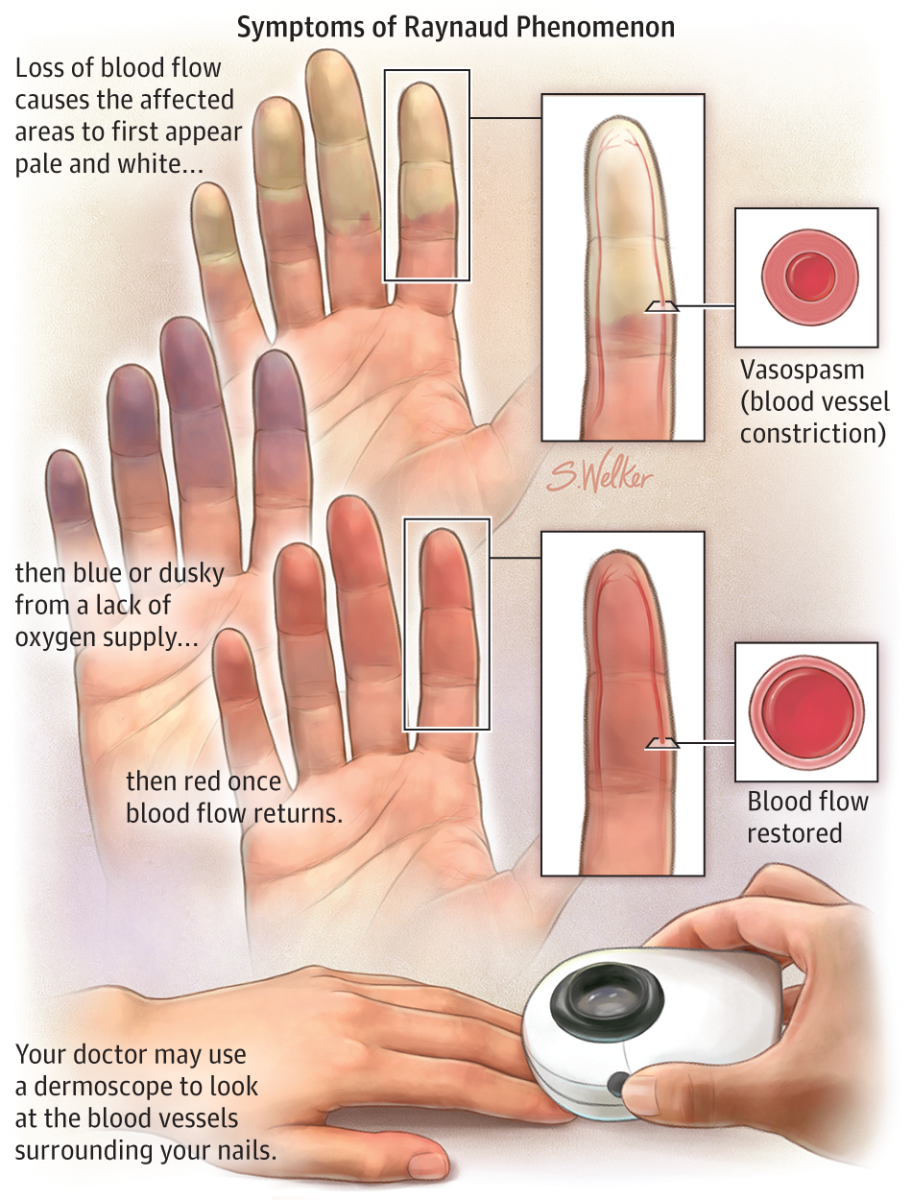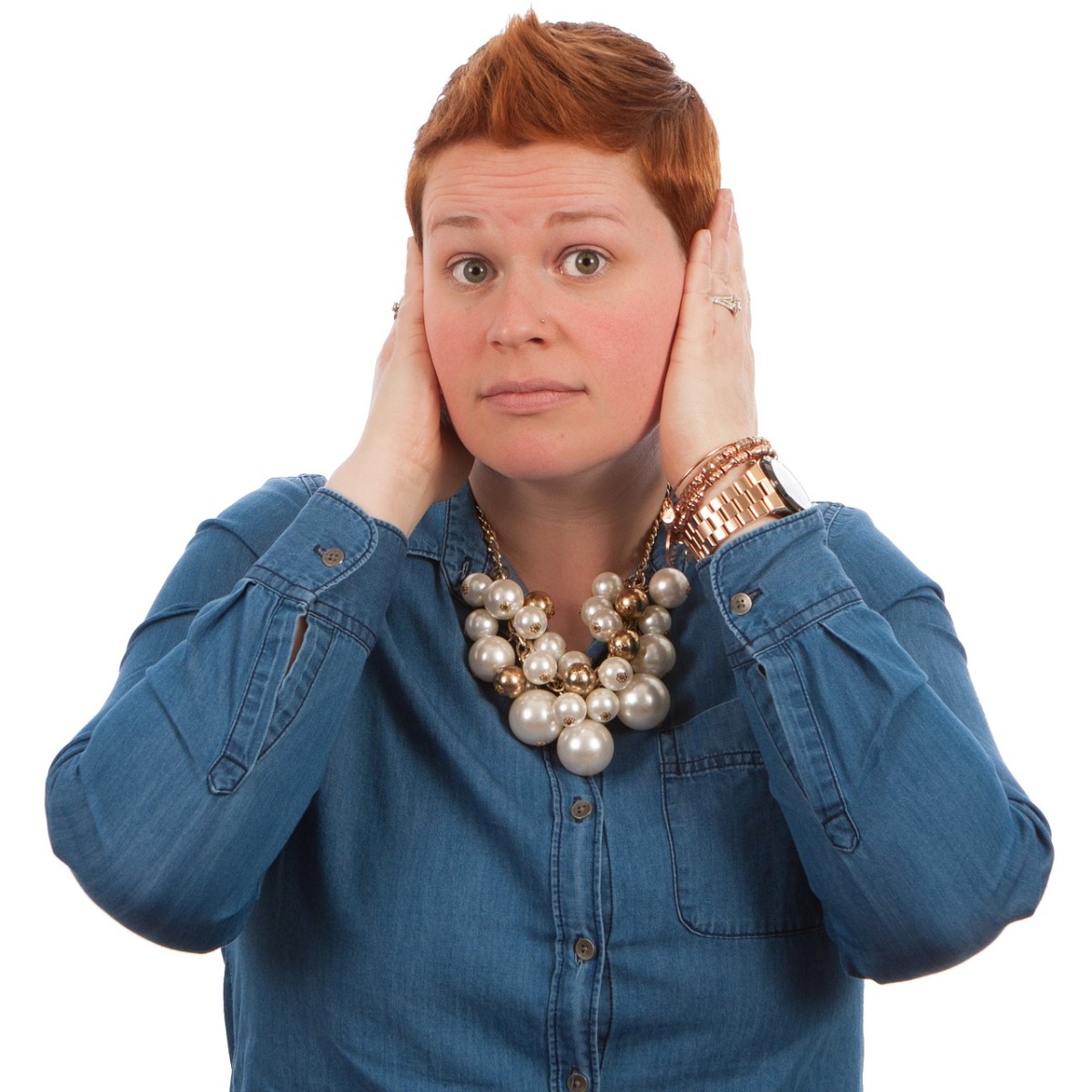What Are PTSD Triggers?
PTSD Resources From Amazon
What Are PTSD Triggers?
You may have heard about PTSD Triggers. My primary website on the spirituality of PTSD has a series on PTSD Triggers. I want to provide a hub here with some basic information about PTSD Triggers.
Definition and Characteristics of PTSD Triggers
A PTSD Trigger is anything which activates a previously established case of PTSD. There are several categories of PTSD Triggers: Physical Artifacts, Aromas, Calendar Anniversaries, Sounds, and Memories.
There are primary triggers and secondary triggers. The severity of sensitivity to particular triggers is not always constant. Some days you may be more vulnerable to a particular trigger than other days.
Triggers may be tangible like a physical object, or intangible like thoughts or sounds.
Physical Artifacts:
These are tangible items which are associated with traumatic events. If my trauma is associated with knives, then seeing a knife, or a particular type of knife, may trigger my PTSD. If I was nearly killed by dogs in the Middle East, then being around large dogs may activate PTSD symptoms.
Aromas:
We may associate certain smells with our memories of trauma. Soldiers often remember the smell of diesel fuel. For some, the heavy smell of diesel is the smell of death and it can trigger a PTSD episode. If a woman is raped by a guy who wears crappy cologne, then when she smells that brand of crappy cologne in the future it will remind her of being sexually assaulted.
Calendar Anniversaries:
God created us as beings who inhabit time and space. There are certain days of the year I always remember for the trauma I lived through. As those dates come closer, I notice that I am more sensitive to my PTSD Triggers. On those particular dates, I know I will probably not be at my best and I will be more vulnerable than usual to my PTSD.
Anniversary days of getting shot, killing someone, witnessing something horrible, or being raped, will be days that your PTSD is more likely to flare up. Knowing this allows you to better prepare for them.
Sounds:
There are usually sounds that are associated with our trauma. For example, I have a problem with helicopters. The sound of helicopters is not a happy sound for me. For some PTSD survivors, certain songs or pieces of music will activate their PTSD.
Memories:
This seems obvious. If I purposely think about some of my traumatic history I may start to have PTSD symptoms. Sometimes we cannot control the memories. Other times we can and it may be smart not to think about them when you are driving.
Primary Triggers and Secondary Triggers:
We have direct and indirect triggers of PTSD. We speak of triggers being primary or secondary in nature.
Primary Triggers
Primary triggers are those things, tangible or intangible, that activate my PTSD because they have a direct connection to my traumatic history. My old knife can be a primary trigger because it is something I had with me, back then.
Secondary Triggers:
Secondary triggers are those things, tangible or intangible, that activate my PTSD because something about them is familiar to my PTSD symptoms or indirectly related to my traumatic history. While I was not part of the Holocaust, movies of the Holocaust and the killing of children activates my PTSD symptoms. While not a direct, primary, connection to my own personal history, the films activate memories and PTSD responses because they come close enough to my own sensitivities.
Sensitivity and Vulnerability Changes:
If I am highly stressed, then I am more vulnerable to my PTSD triggers. If I have been managing my PTSD pretty good for a while, then I am less vulnerable to my triggers. I know that I am more vulnerable on certain dates than others, because those dates are associated with traumatic events.
Just as we have good days and bad days, some days we are more sensitive to PTSD Triggers and other days less. Why? Because each of us unique and not cardboard cutouts. Each of us shares an inherent value God gives us, but we are individuals who struggle and overcome our PTSD soul wounds in different ways.
Knowledge is Power to Better Cope and Heal:
If you have PTSD, jot down what your known triggers are. If you are still in your first decade of PTSD, then you are on a voyage of discovery.
Part of that discovery is stumbling into your PTSD Triggers. You will find out what they are – kind of like walking into a minefield. When you find one you will definitely know it. Later, after the PTSD symptoms have subsided, write down what the trigger was, what it reminds you of, and what sort of symptoms you had and when they subsided.
Gaining knowledge about what triggers your PTSD will help you heal from your PTSD and you will better manage your PTSD.
Your PTSD journey will become more manageable and easier as you gather information about how PTSD attacks your soul, tries to isolate you, and tries to ruin your relationships. The more you learn about PTSD, the better you can fend it off and enjoy a meaningful life.
More information on the spiritual dimensions of PTSD can be found at www.PTSDspirituality.com
Semper Pax, Dr. Z









